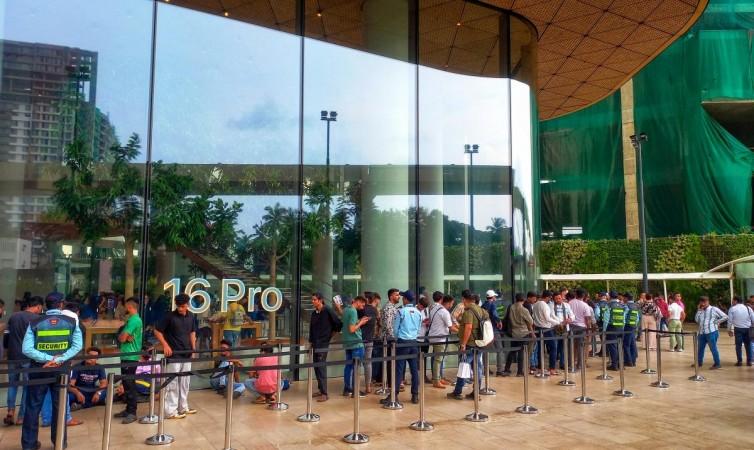
Apple has recently announced its plans to expand its retail footprint in India. This decision comes in response to the positive reception of its existing stores in Mumbai and Delhi, and the surge in domestic sales and export figures. The company is now preparing to open more exclusive, own-branded stores in the country, with new retail outlets planned for Bengaluru, Pune, Delhi-NCR, and Mumbai. However, the timeline for these launches has not been disclosed yet.
Deirdre O'Brien, Apple's senior vice president of Retail, expressed the company's enthusiasm about the expansion. She stated, We are thrilled to build our teams as we plan to open more stores in India, because we are inspired by the creativity and passion of our customers across this country." She further added, Our stores are incredible places to experience the magic of Apple, and it's been wonderful to deepen our connection with our customers in India."

The expansion of Apple's retail presence in India is not the only significant development. The tech giant has also begun manufacturing the entire iPhone 16 lineup, including the iPhone 16 Pro and iPhone 16 Pro Max, in India. These India-made iPhone 16 Pro and Pro Max models will soon be available for local customers and for export to select countries across the world.
This move to manufacture in India is significant for Apple. It enables the company to cater to local demand more efficiently, reduce costs due to import duties, and potentially increase its market share. It also underscores Apple's commitment to the Indian market, which is one of the fastest-growing smartphone markets in the world.
Apple's India operations have been performing exceptionally well. According to industry data, driven by the production-linked incentive (PLI) scheme, Apple reached more than $5 billion in iPhone exports from India in the April-August period of the current fiscal year. This represents a growth of over 50 per cent from the same period of the first five months in the previous fiscal year.
















